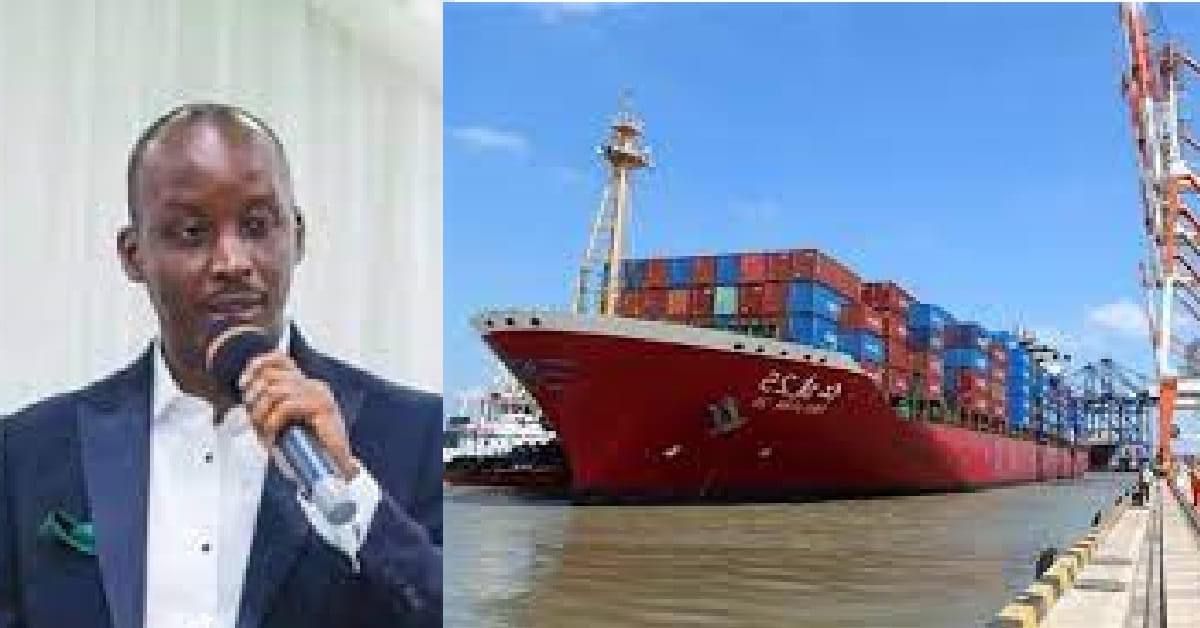The Government of Sierra Leone has given the green light to a major infrastructure project, approving a concession agreement with the Gento Group of Companies for the design, development, and operationalization of a transshipment port at Banana Island, Yawri Bay, and a Logistic Hub (Harbour Terminal) at Kent. The $1.5 billion project received Cabinet approval on June 3, 2024.
In a notable decision, the Cabinet has declassified Banana Island from its list of protected areas specifically for this seaport project. However, activities on the island that could harm the environment will remain strictly prohibited.
The agreement now awaits ratification by Parliament.
Experts highlight that this port will be the deepest in West Africa, with a depth of approximately 20-24 meters. They anticipate it will significantly boost Sierra Leone’s economy and create numerous job opportunities for young people.
Reflecting on the historical significance, an expert noted, “Imagine Sierra Leone, once a pivotal point in the Trans-Atlantic Slave Trade, is now set to become a transshipment hub for global business. This transformation marks a new era for the country.”
The involvement of a Sierra Leonean company with substantial construction experience is seen as a promising aspect of the project. “It’s marvelous that a local company is spearheading such a significant initiative,” the expert added.
The transshipment port and logistic hub project is poised to position Sierra Leone as a key player in international maritime trade, bringing substantial economic benefits to the nation.
The residents of Banana Island have welcomed the news with joy, celebrating the improvements already made by the Gento Group, including a new school, community centre and hospital.
The Gento Group first publicly disclosed its seaport project at events in Banana Island and Waterloo last year. The ambitious project, spearheaded by businessman and philanthropist, Mohamed Gento Kamara, is projected to cost $1.5 billion and aims to establish the largest port in West Africa.
During his address, Mohamed Gento Kamara emphasized the project’s significance, highlighting its potential to lower the prices of fuel and rice and its compliance with environmental regulations. He noted the collaborative efforts with academic institutions like the University of Sierra Leone to ensure the project’s viability.
He detailed plans for the port, which will boast a minimum depth of 20 to 24 meters, surpassing other regional ports. The construction phase is expected to create over 1,000 jobs, with long-term employment opportunities exceeding 10,000, and the potential to generate up to 100,000 jobs through increased investment.
The seaport will occupy only 2 out of 11 kilometers of Banana Island, ensuring minimal disruption to fishing activities. Mohamed Gento Kamara expressed confidence that the port’s strategic location could transform Sierra Leone’s economy, much like Singapore’s port has for its own.
He also reiterated the project’s projected 4.5% contribution to the nation’s GDP and called for nationwide support for this transformative initiative, envisioning Banana Island’s evolution into a bustling city.
Prominent figures from various institutions echoed Mohamed Gento Kamara’s sentiments, emphasizing the extensive benefits the seaport project will bring to both Banana Island and Sierra Leone as a whole.












Wow this is what we like to hear .It really a news for us as a nation .
May God bless sierra Leone
Wow this is good news for our beloved country Mama salon
God bless Mohamed Gento-Kamara and the people of Sierra Leone.
But how soon, because the longer it takes the more people lost trust in some of this news
This is well welcoming new for our beloved country please government don’t delay the process of approval of this great project please